OPEN ASSEMBLY
Experiments in Aesthetics and Politics

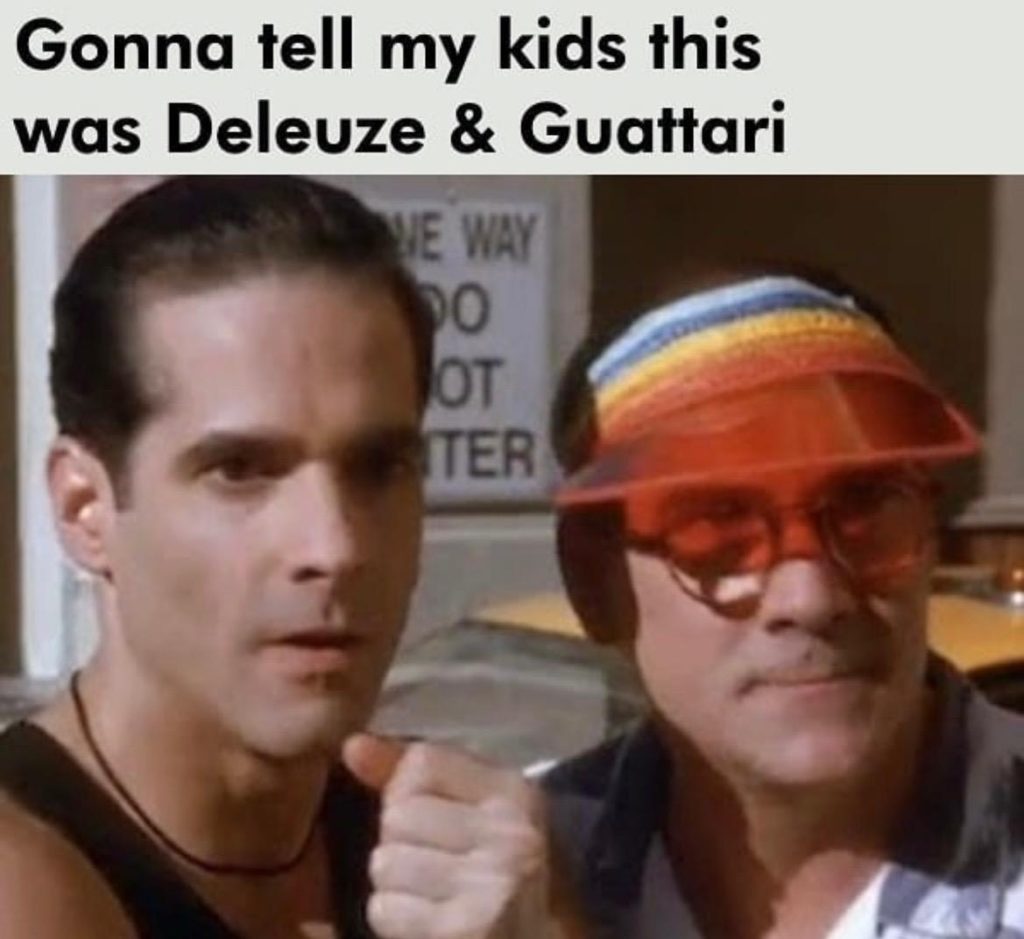
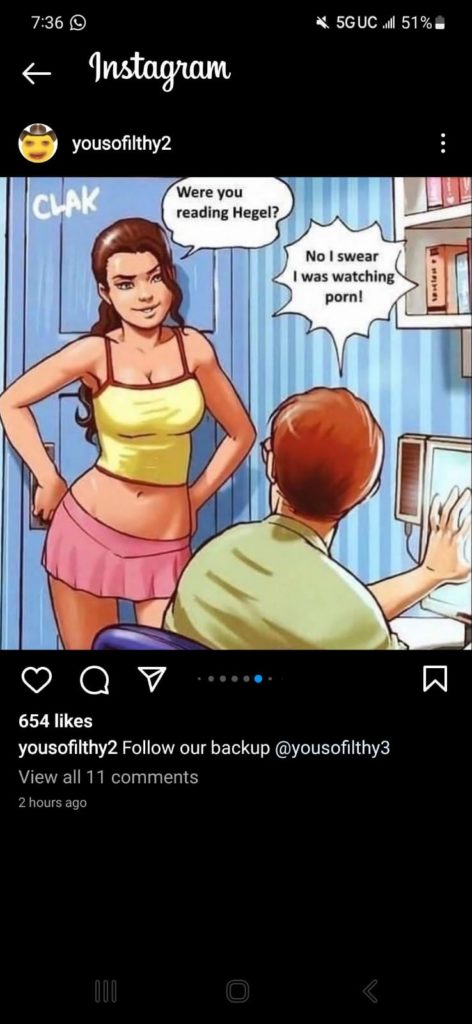
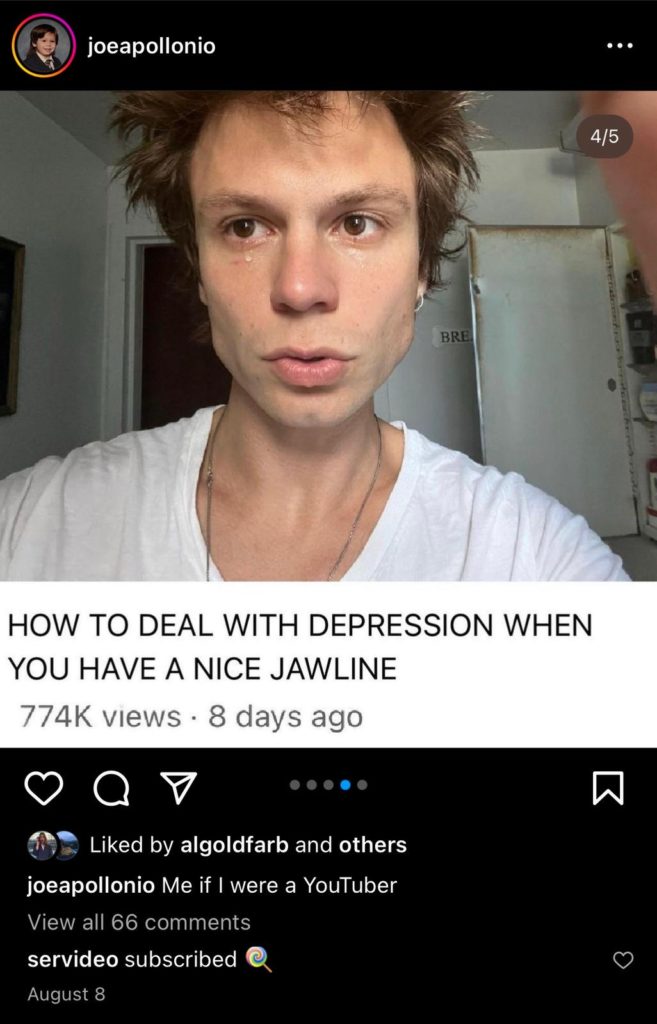

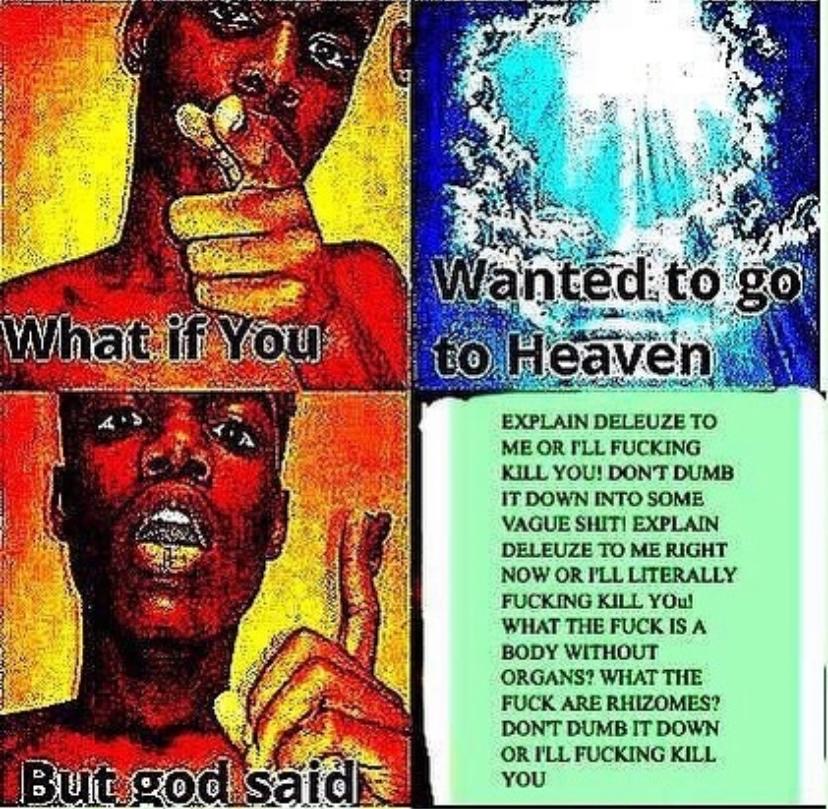

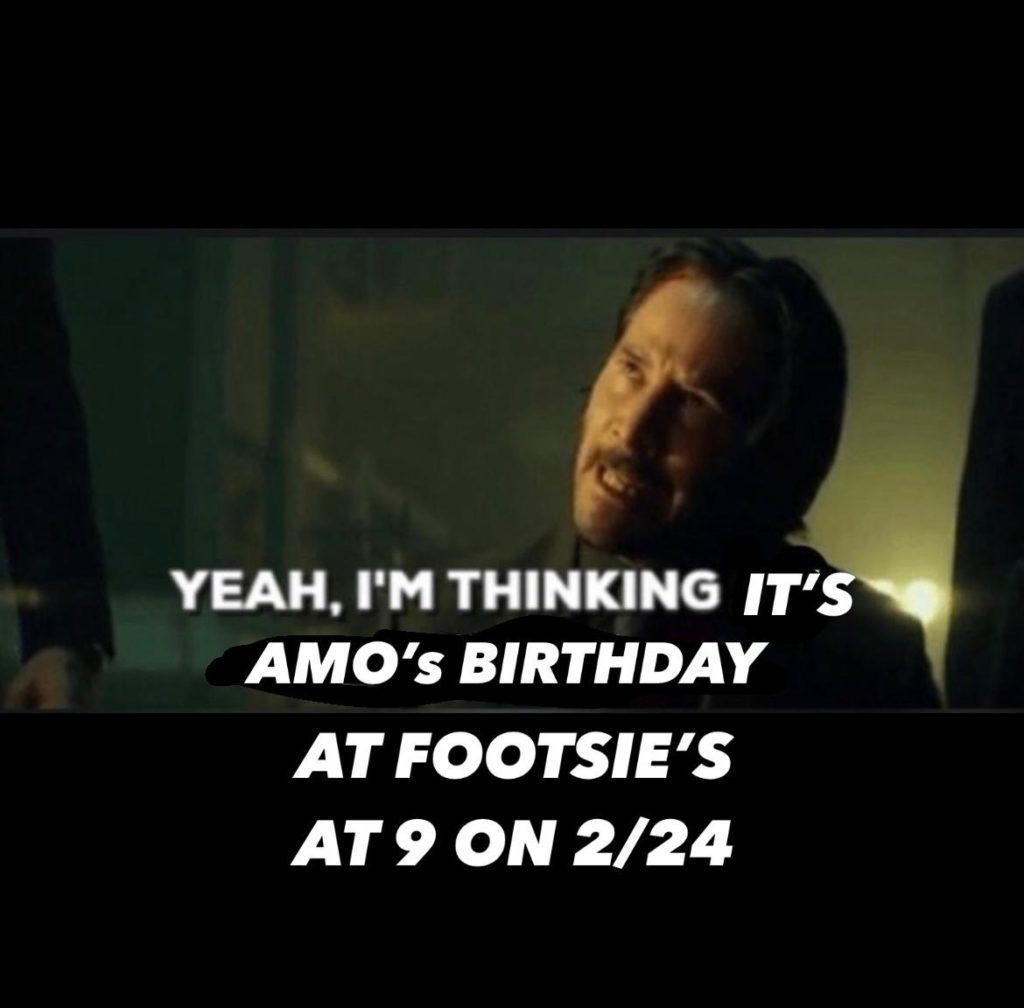
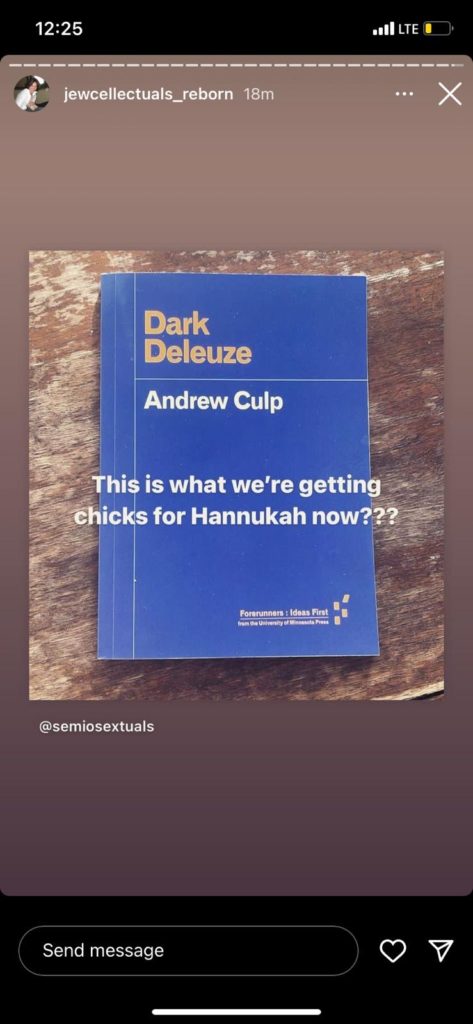
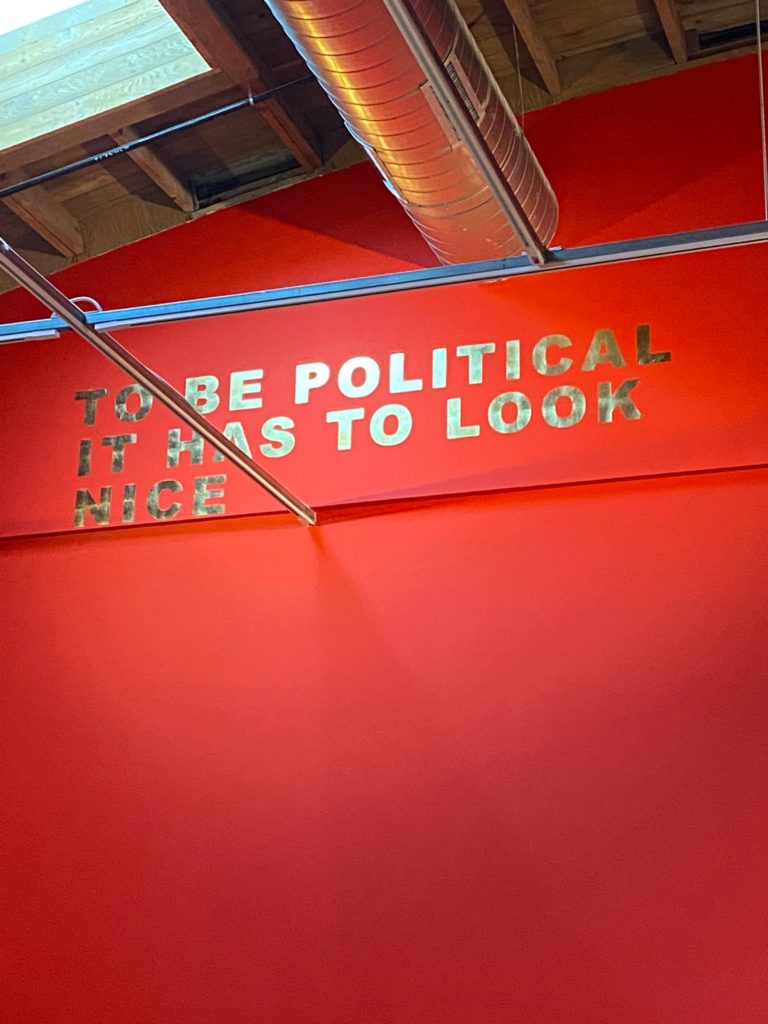
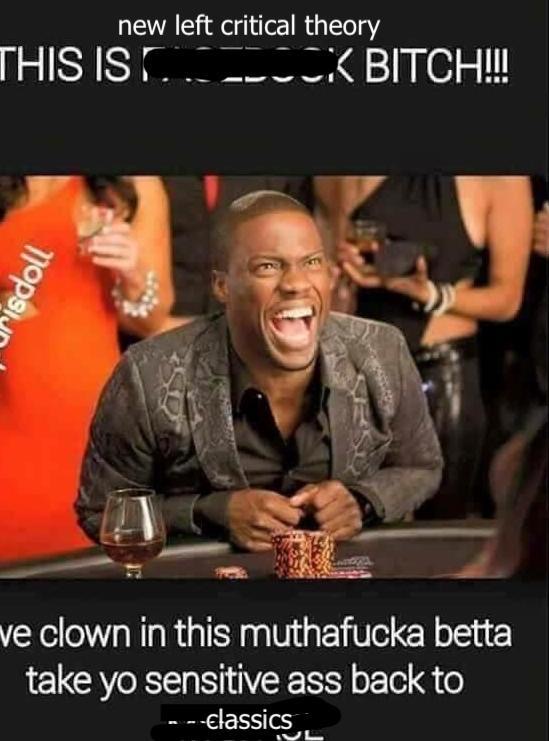
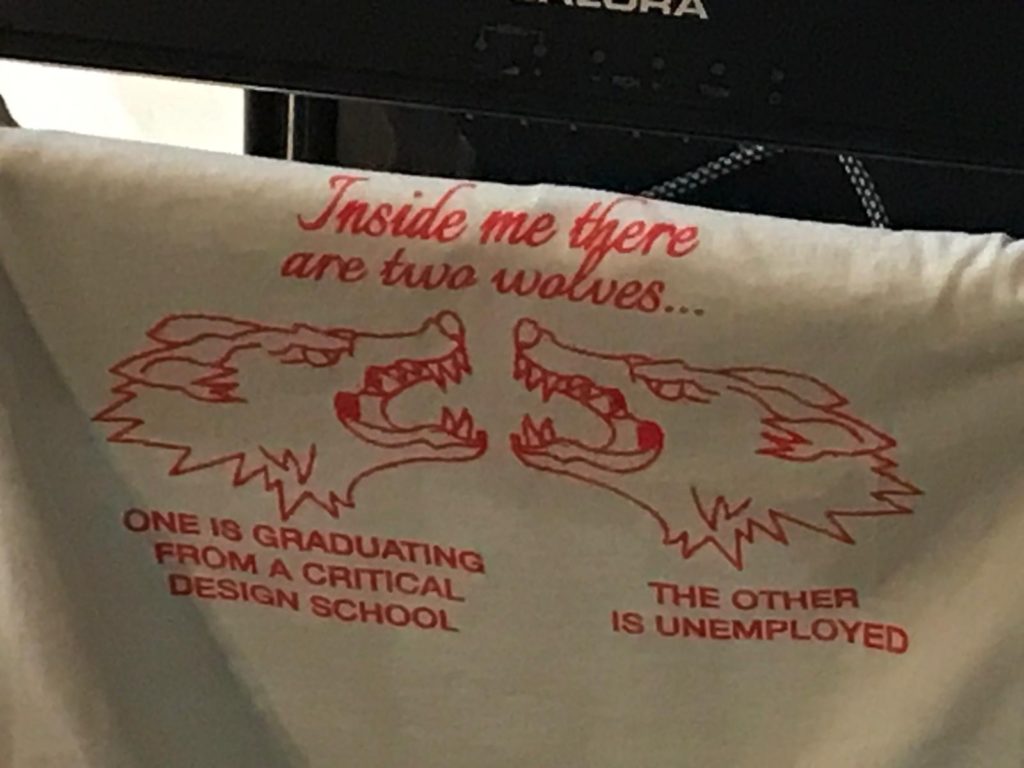
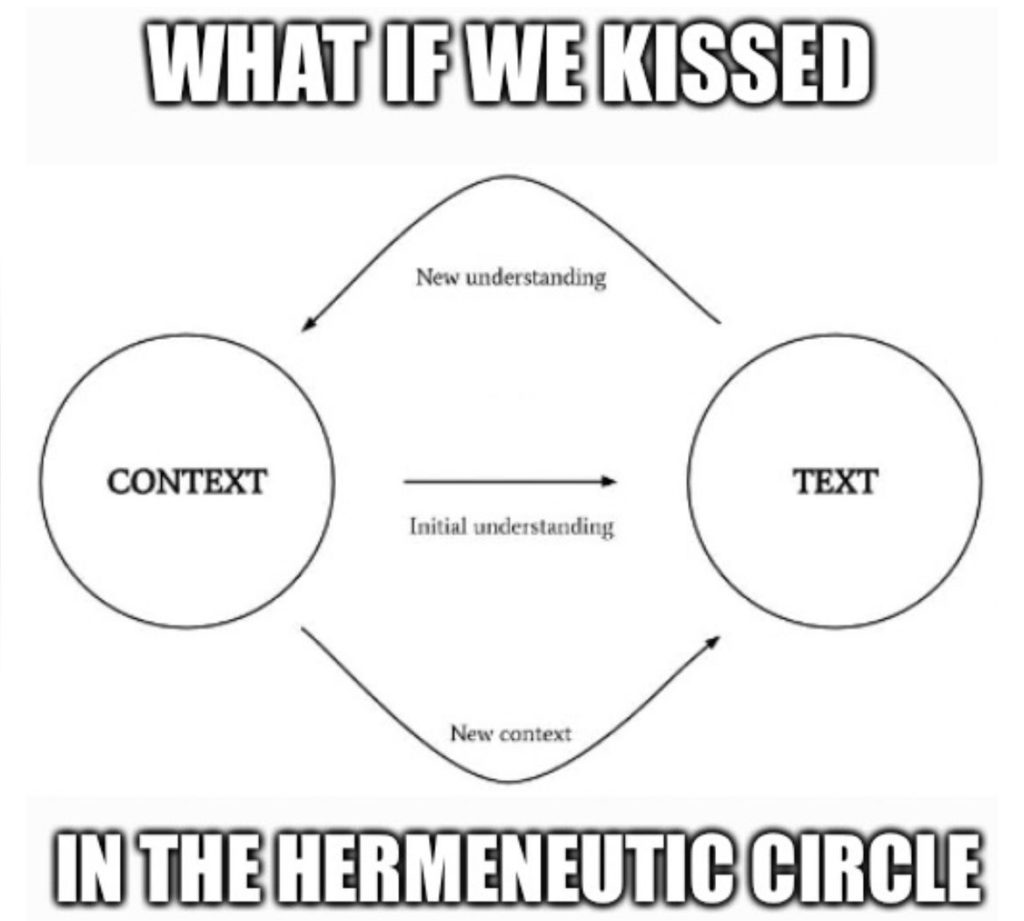

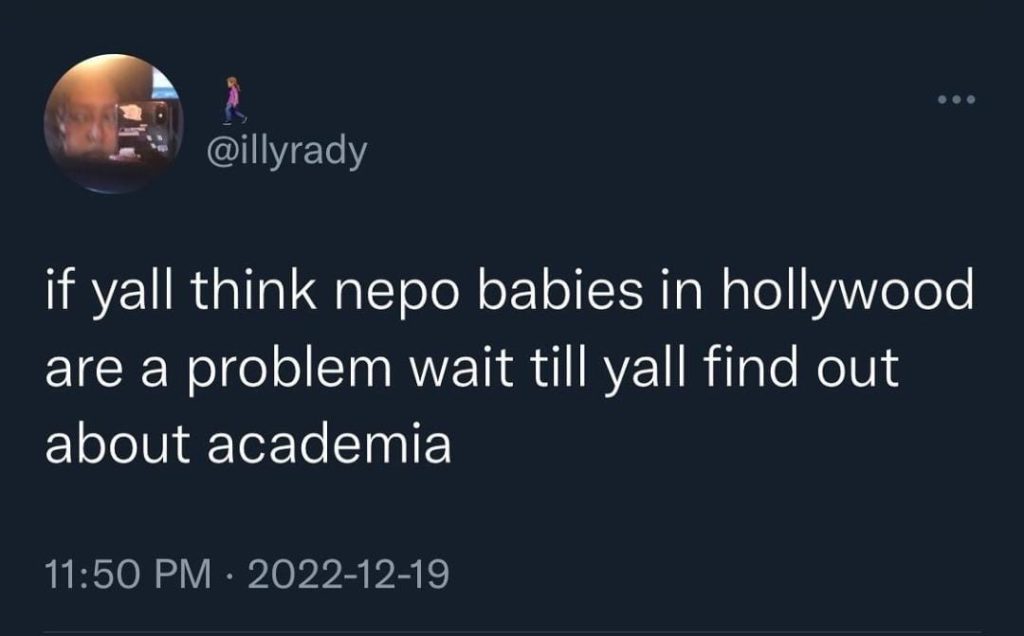
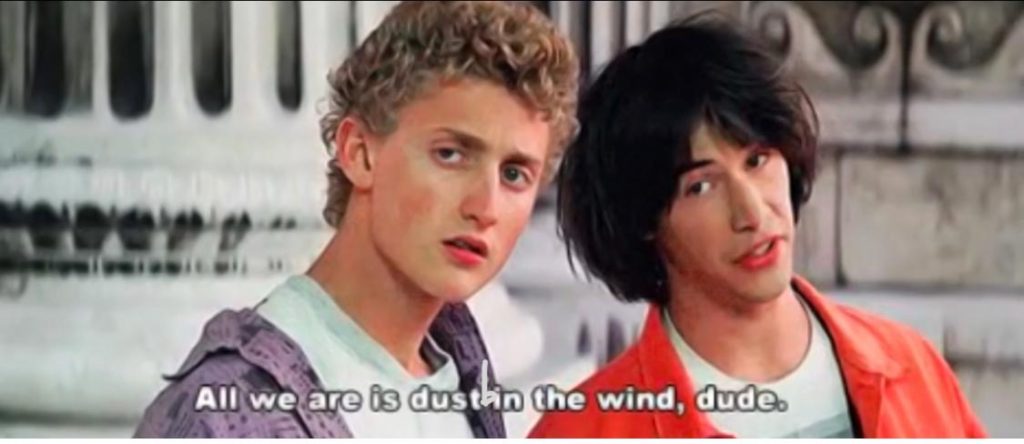


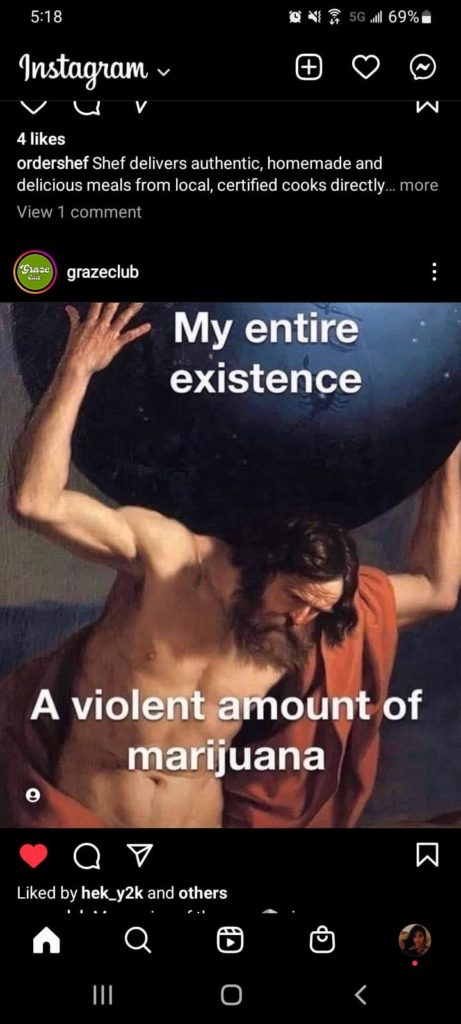
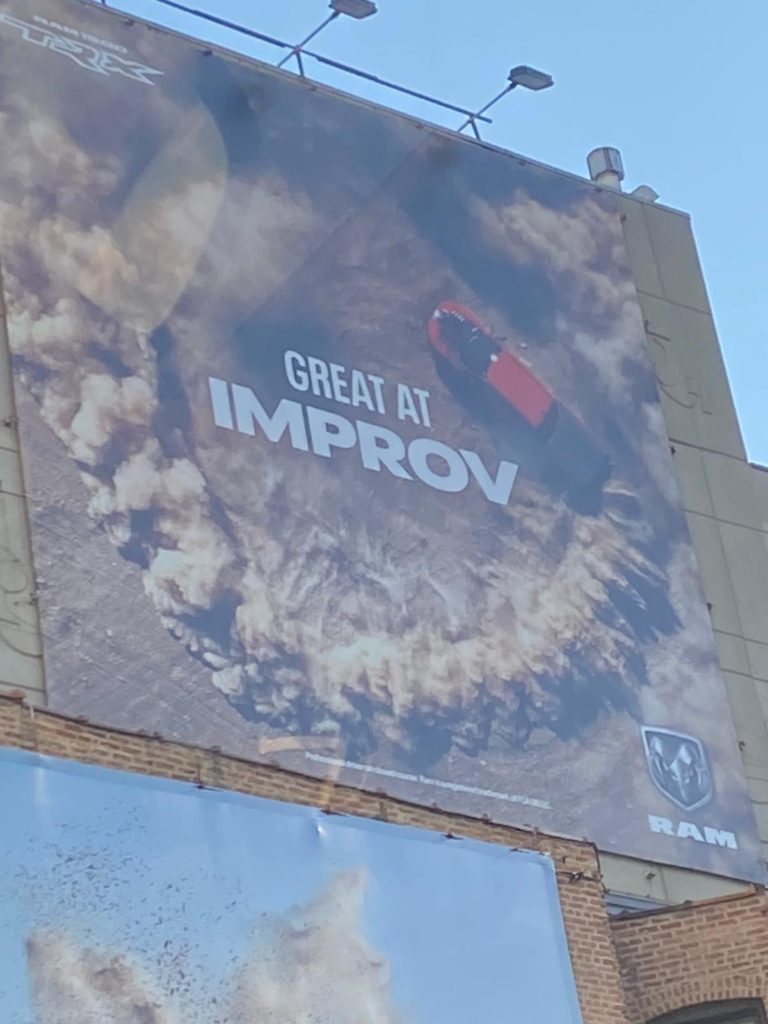
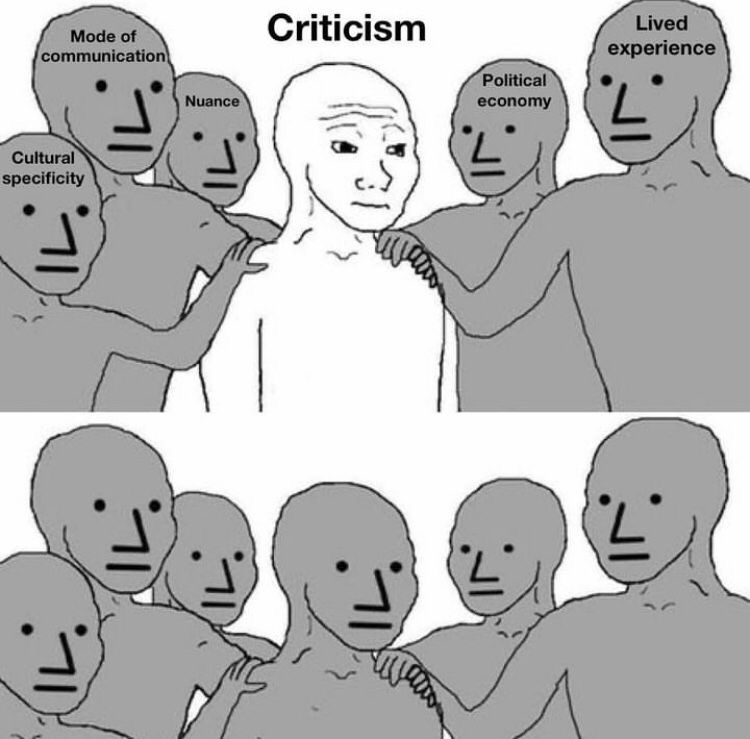
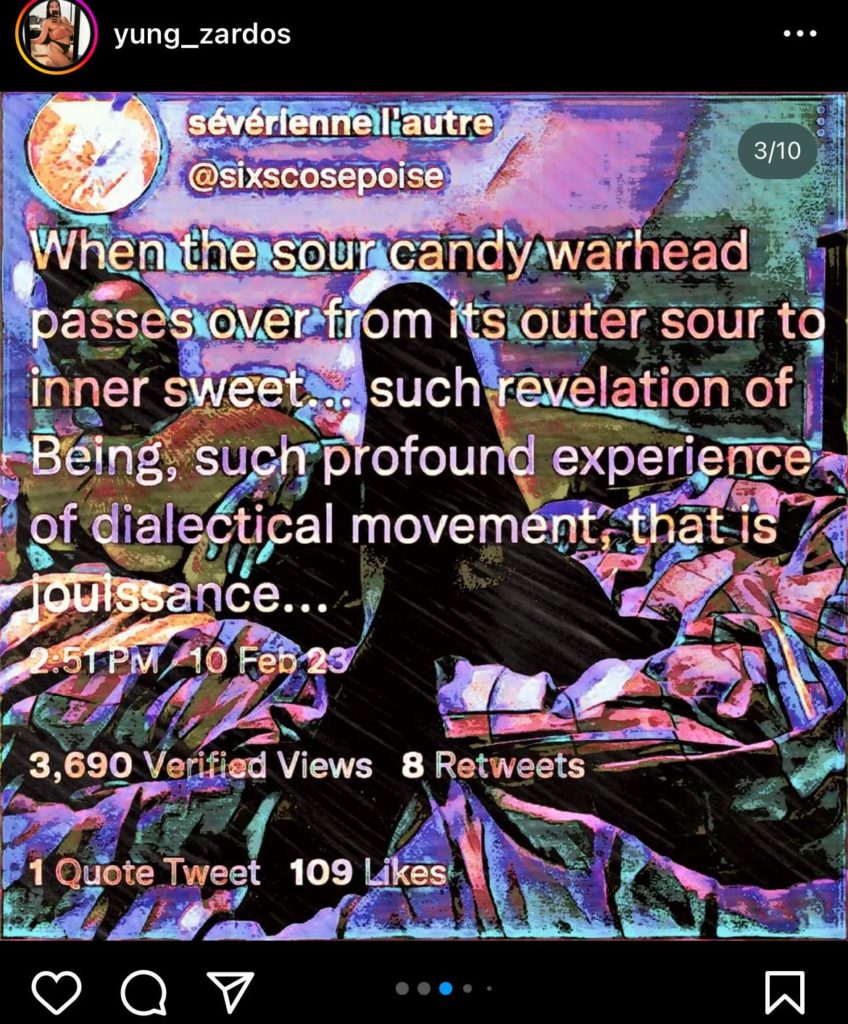
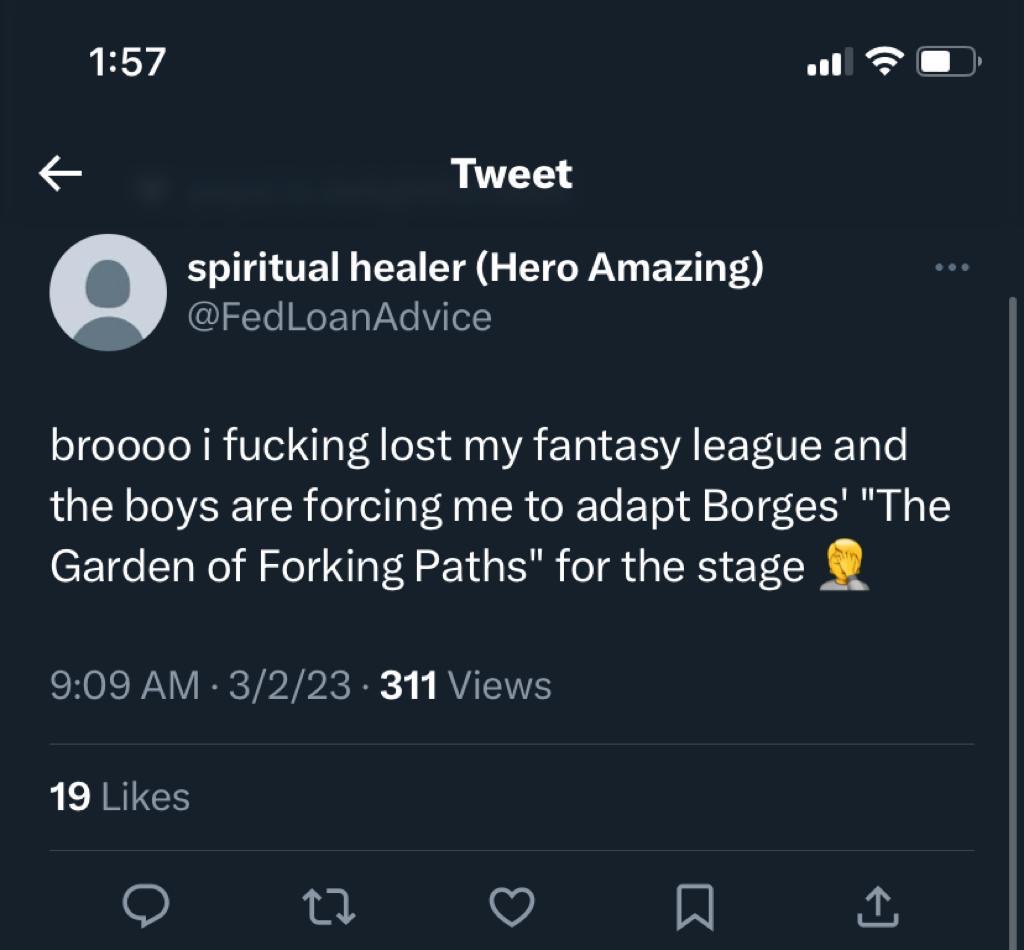
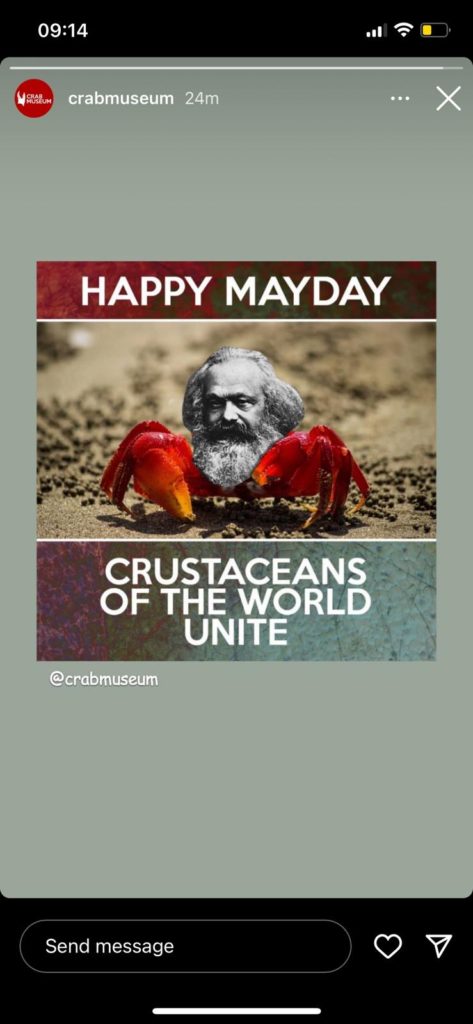
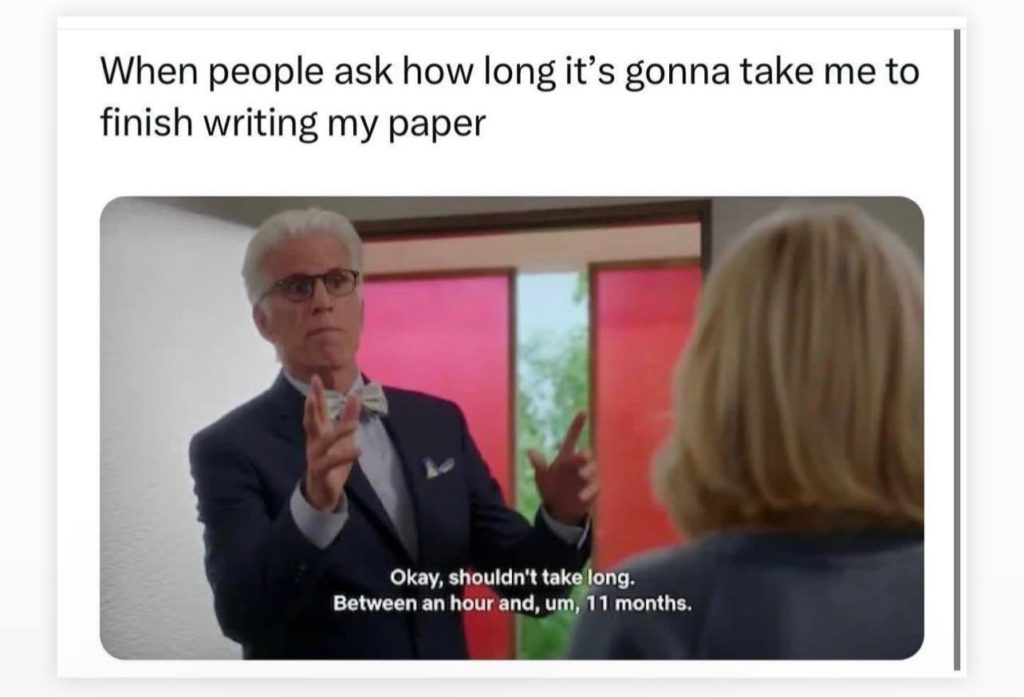
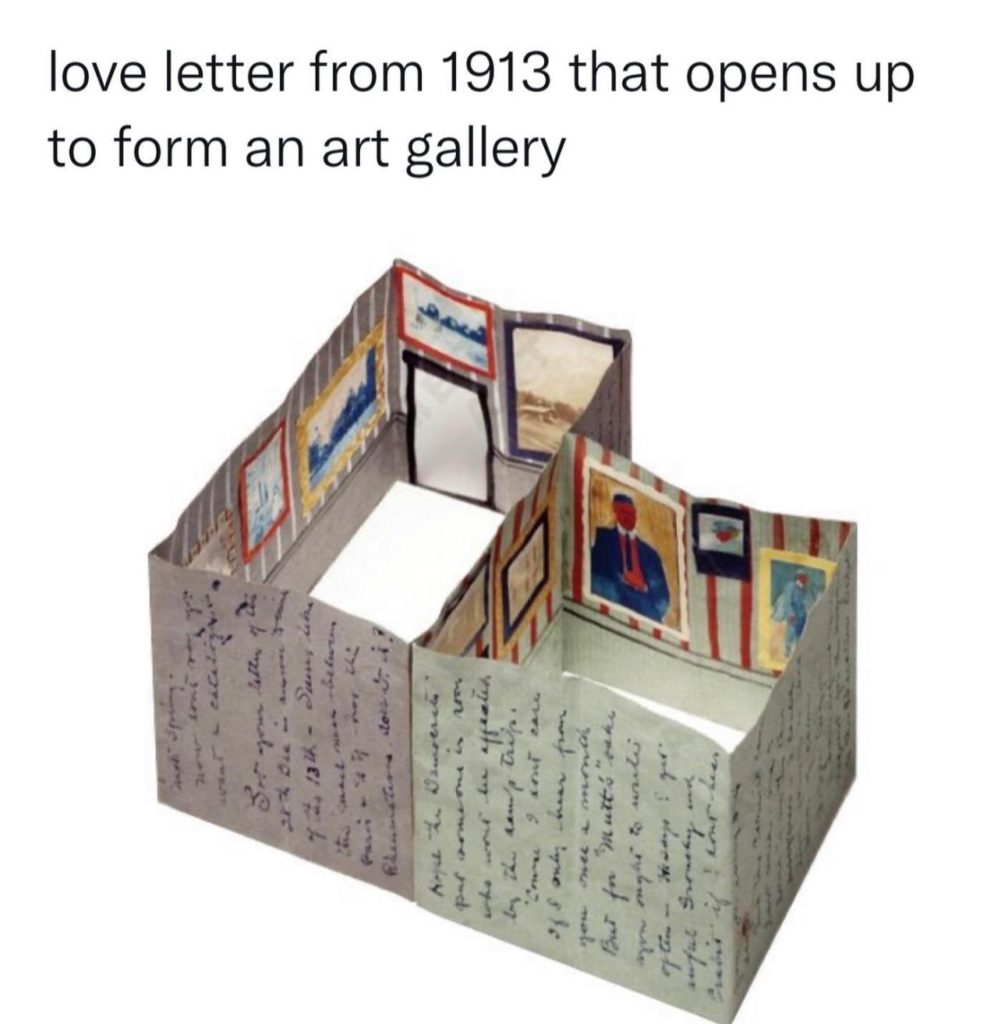
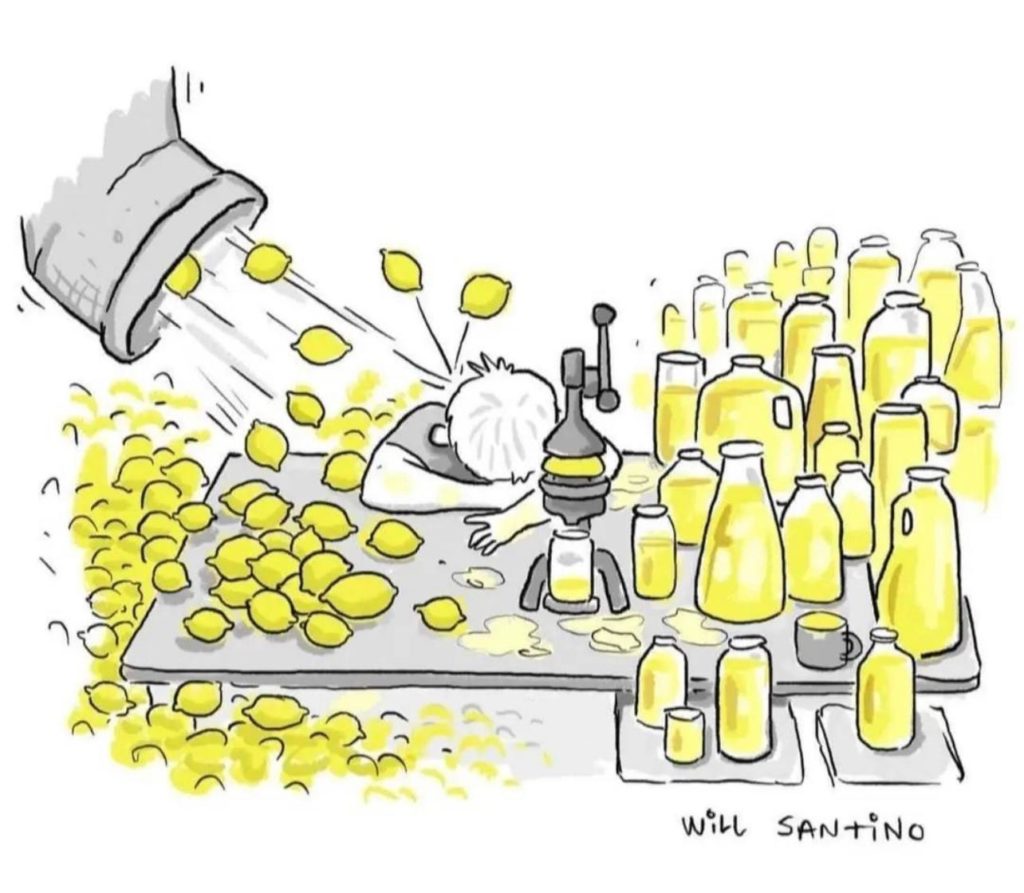
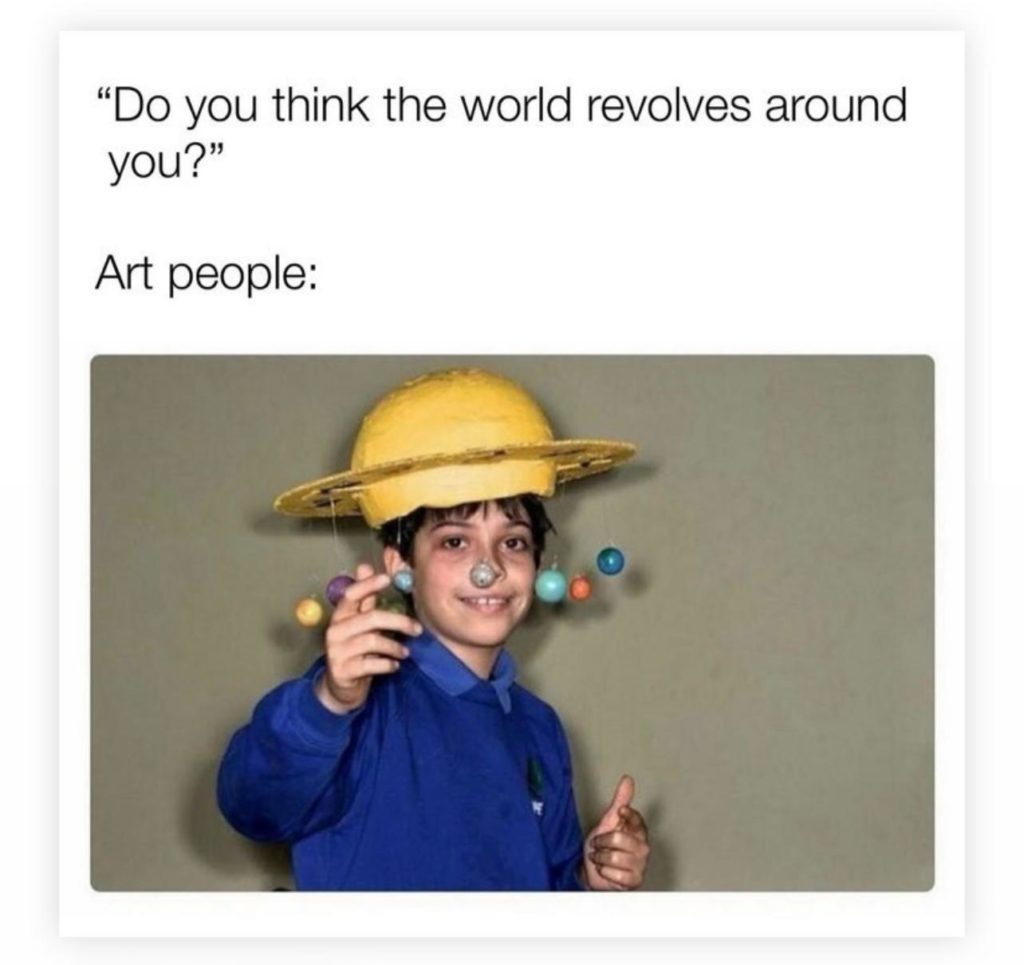
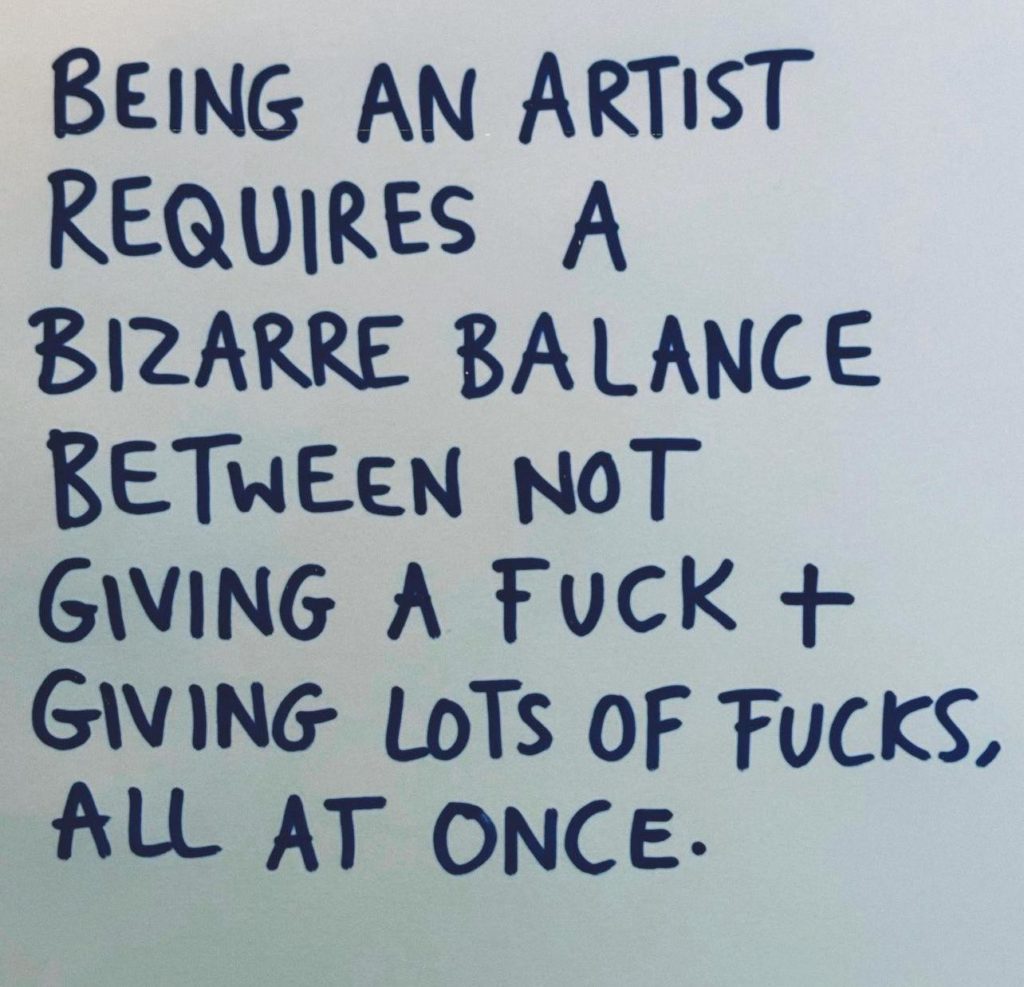

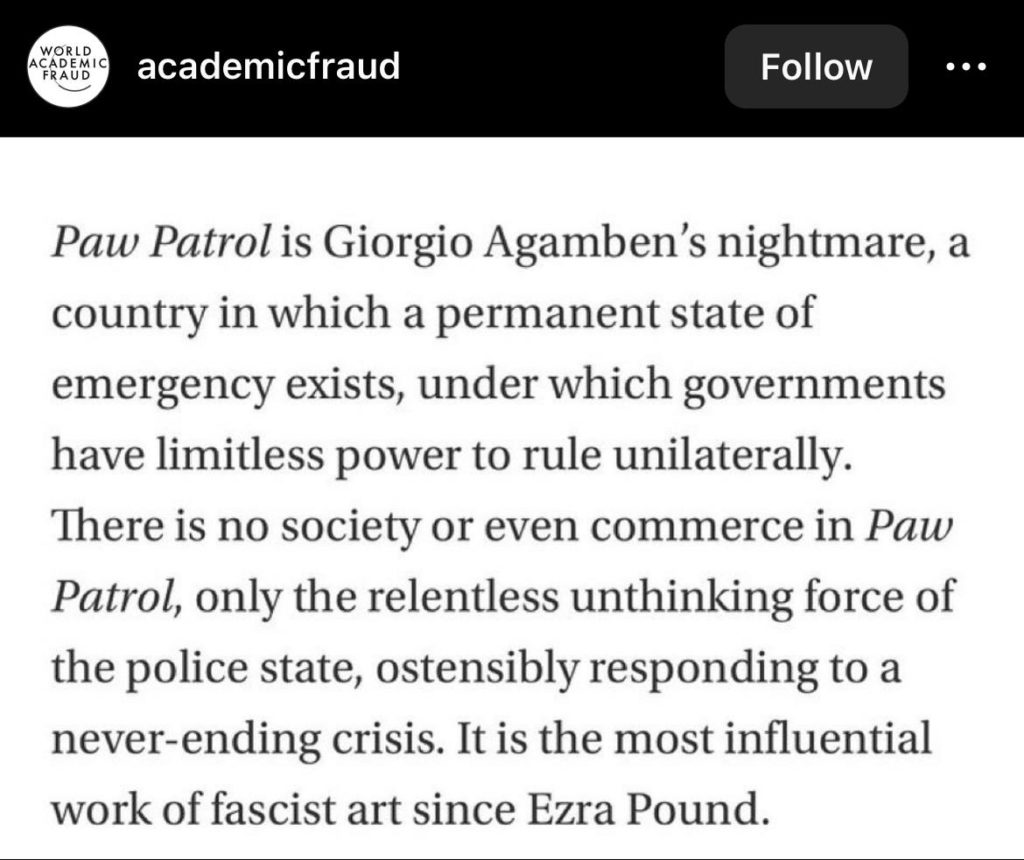
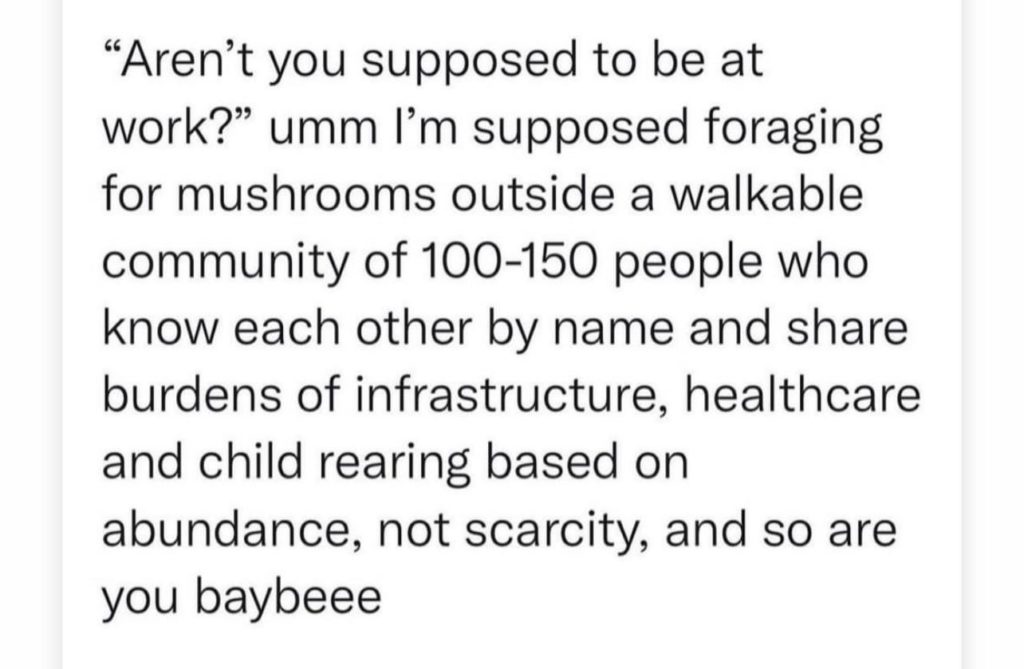
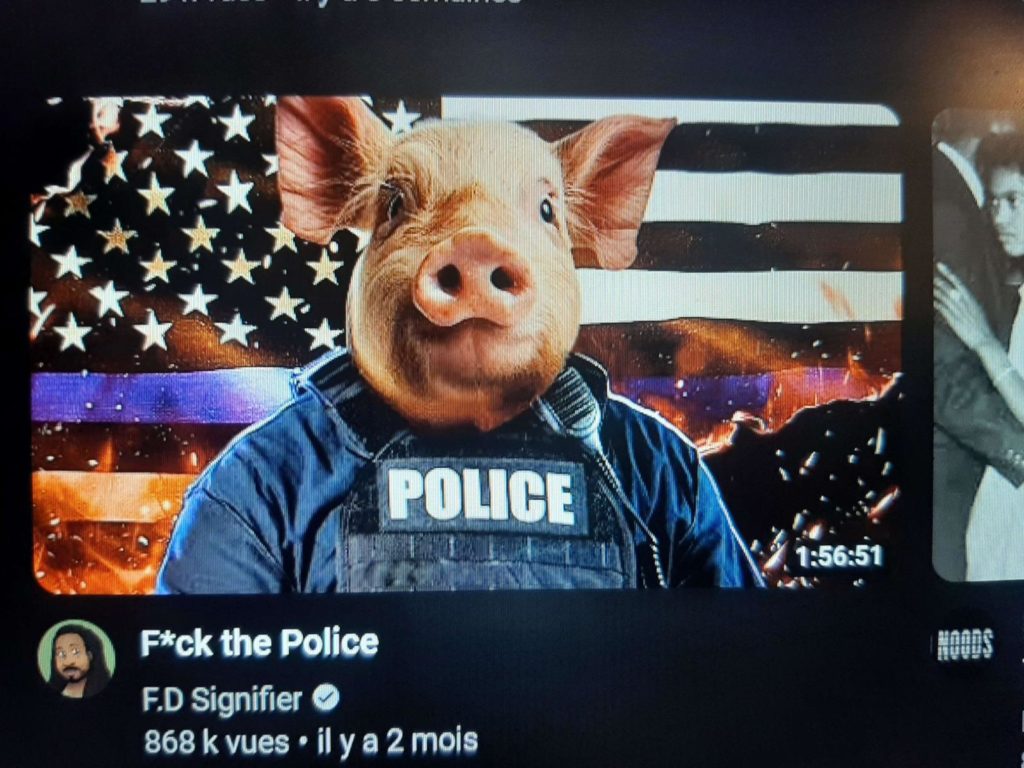
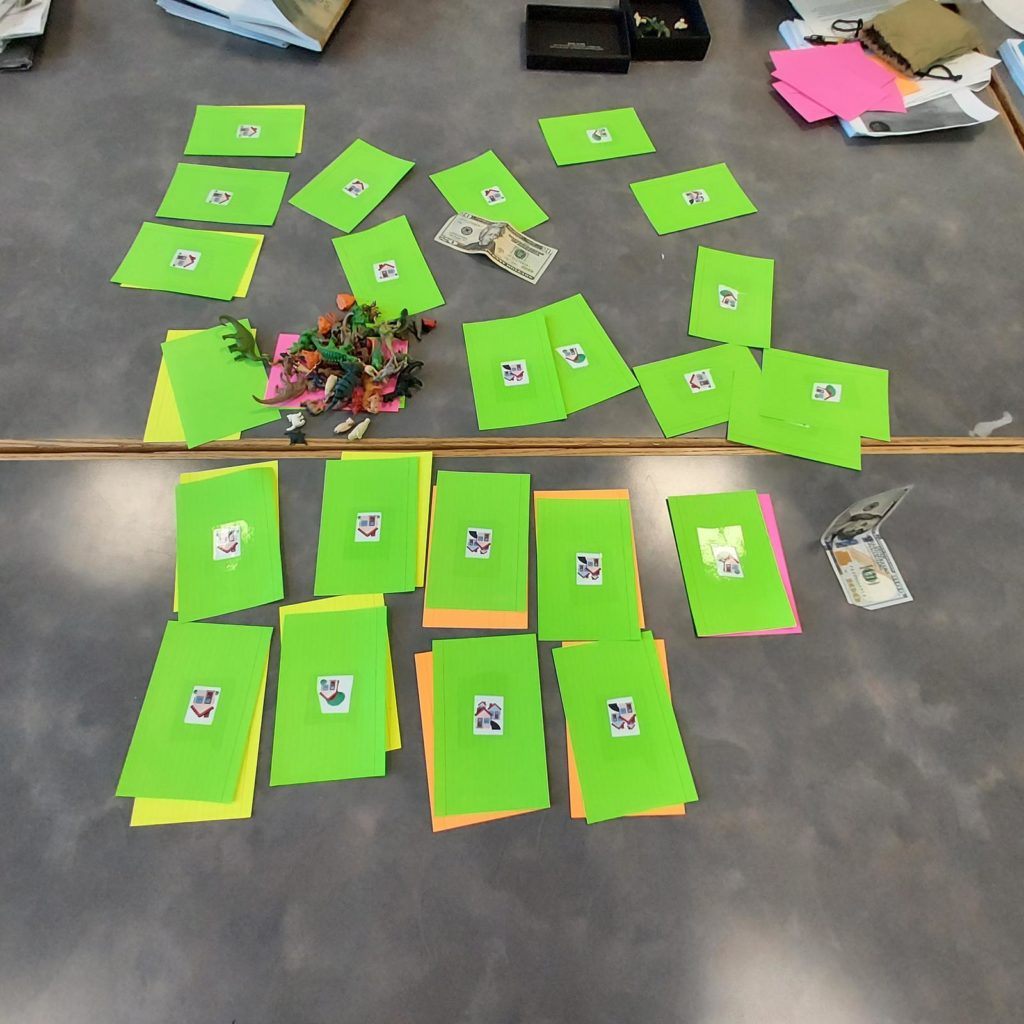
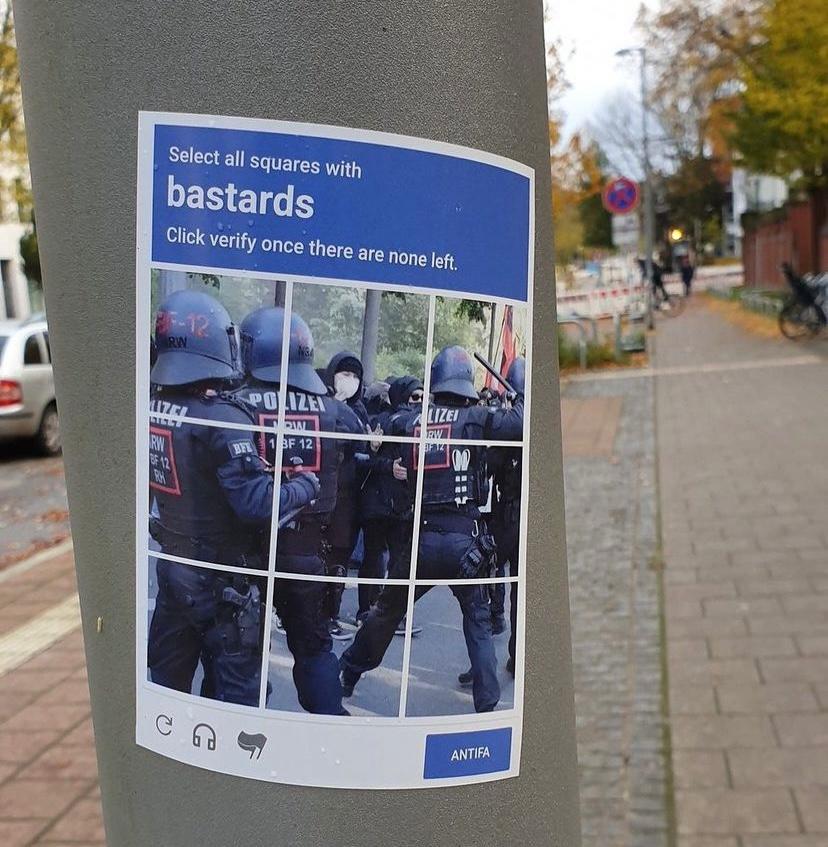
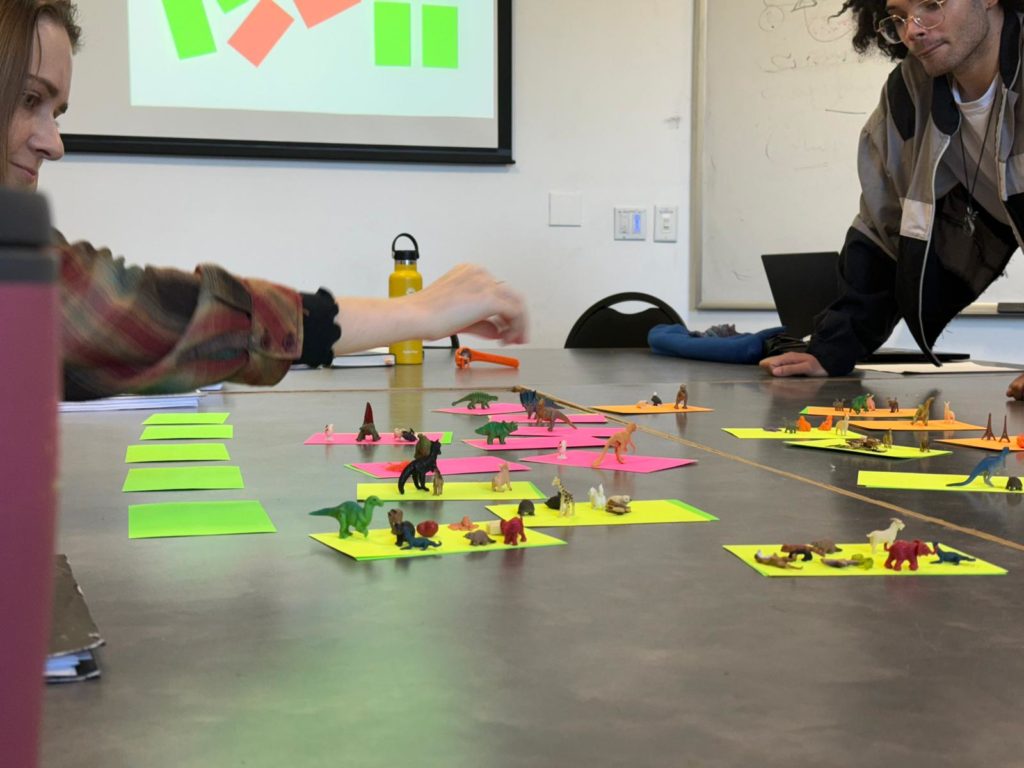
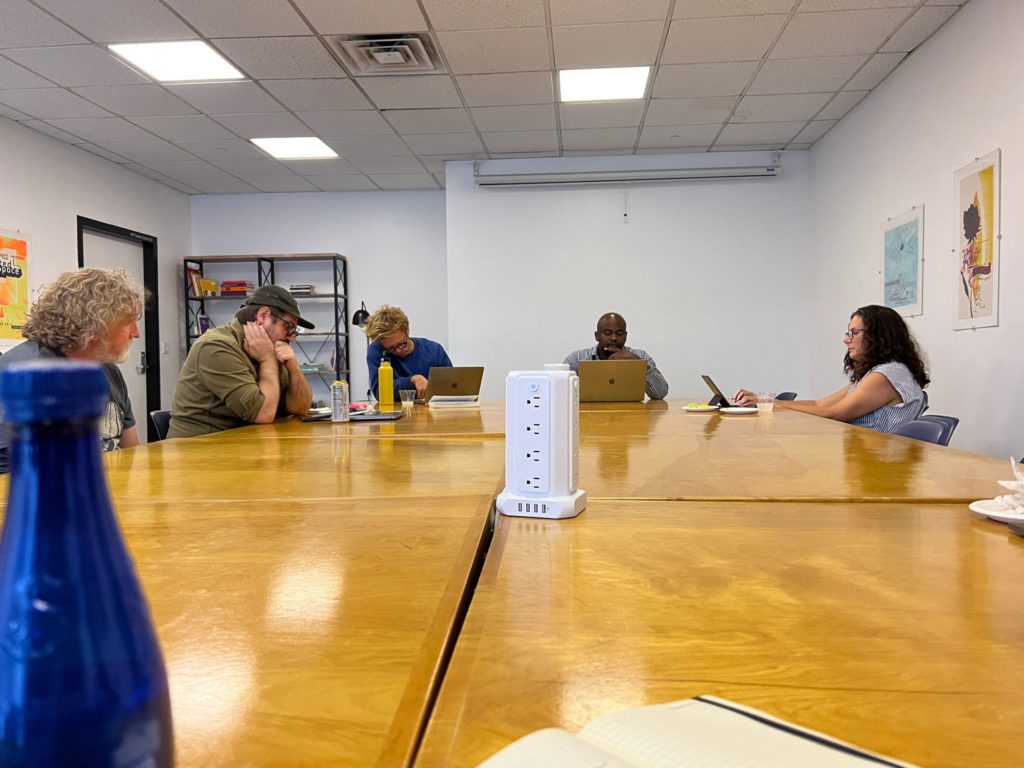
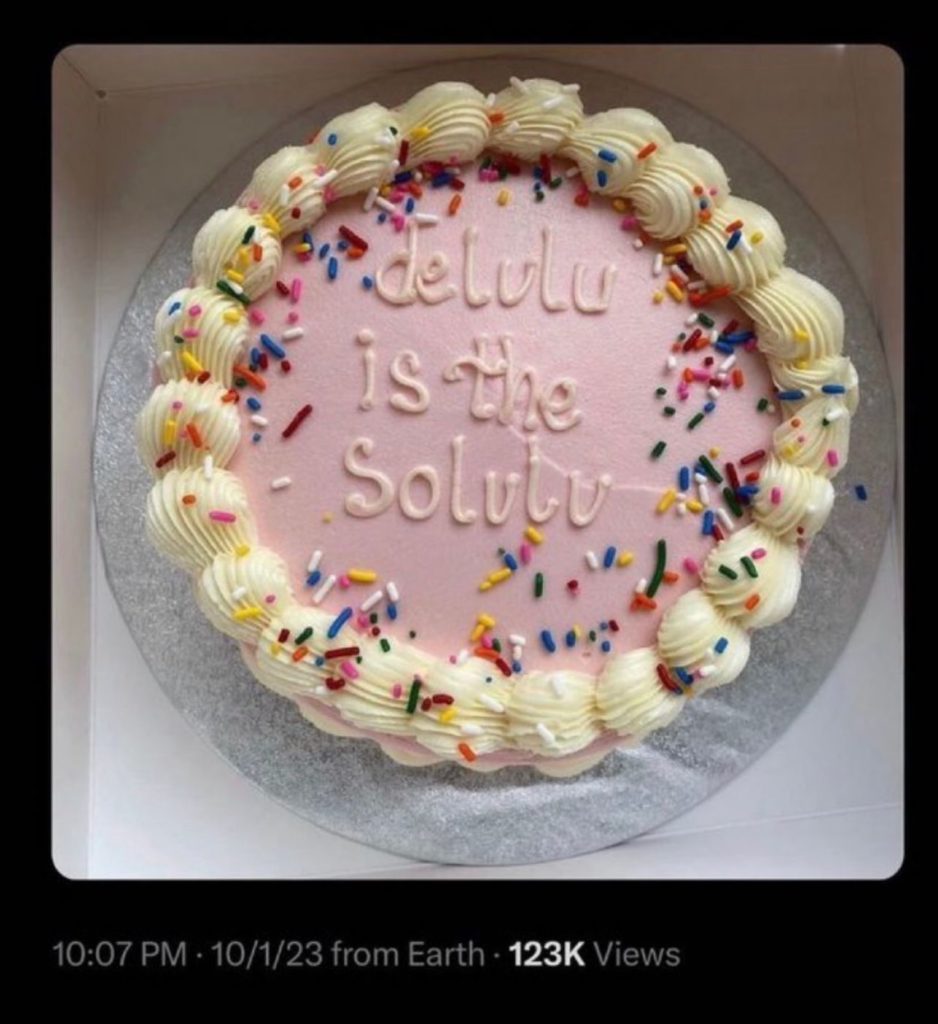
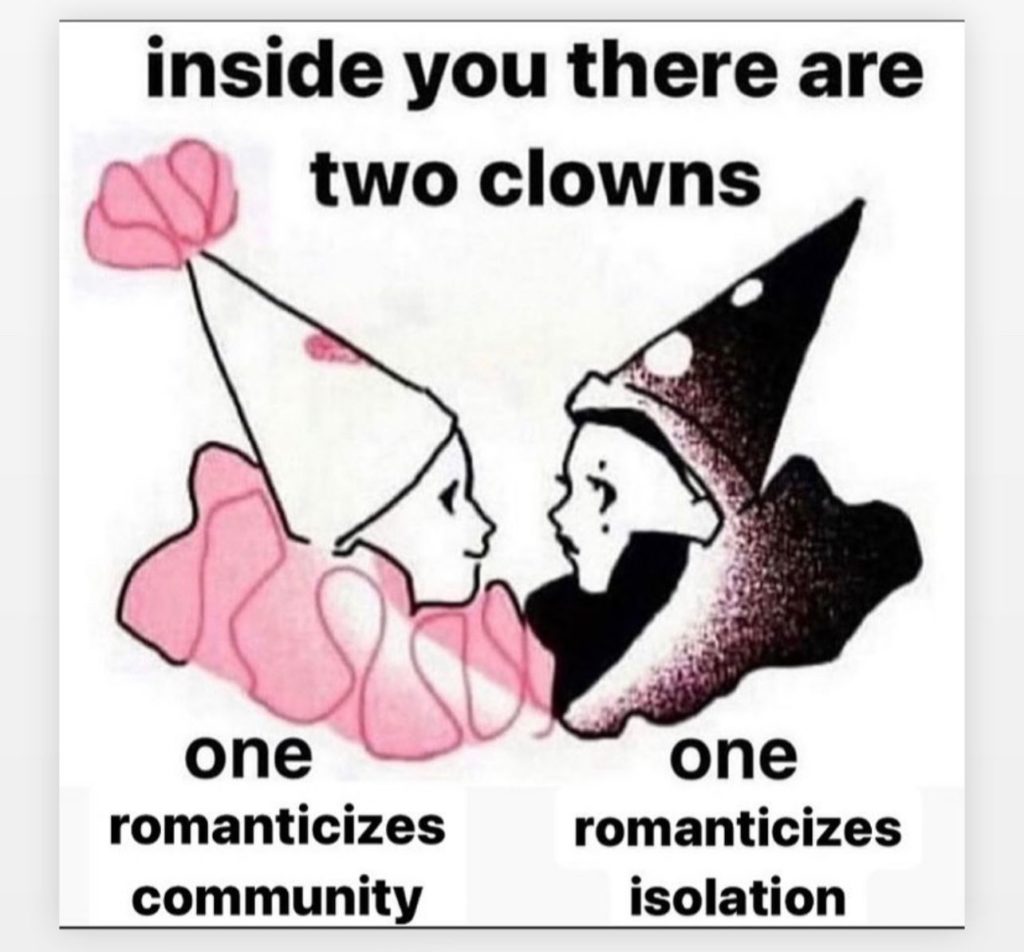
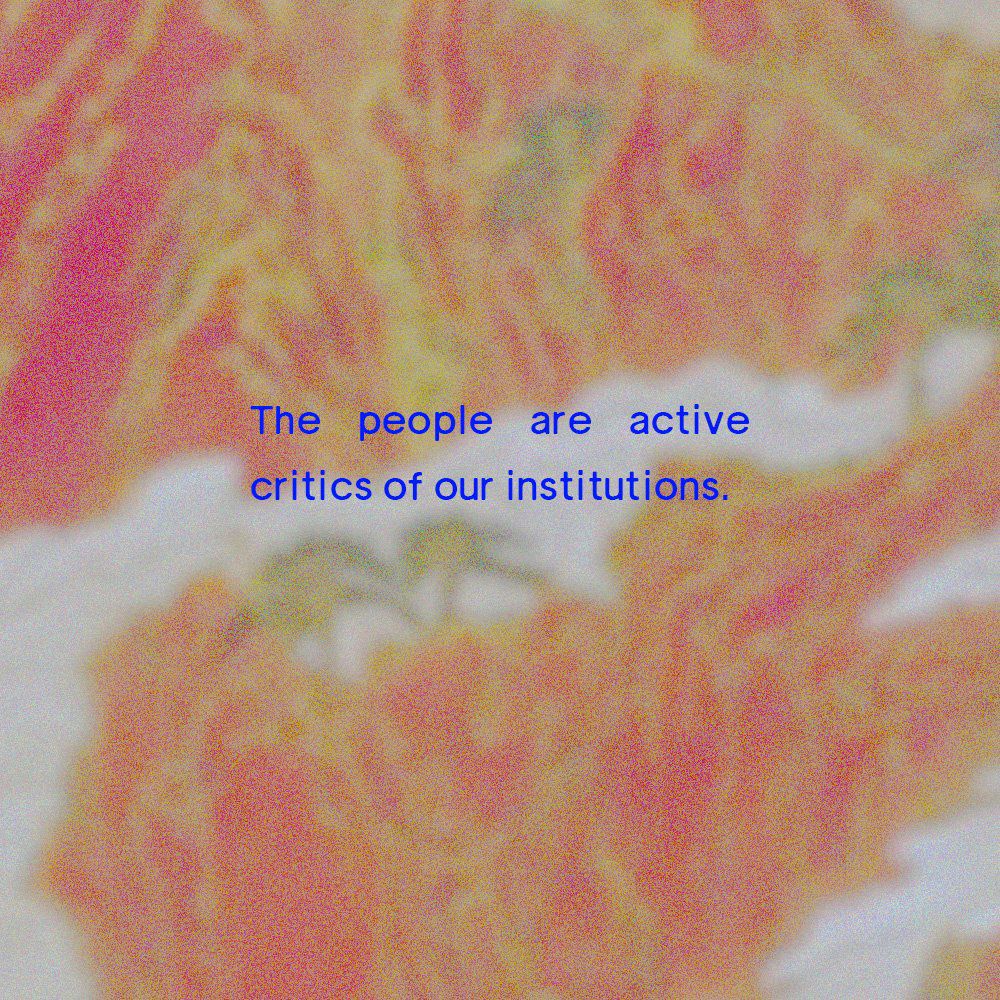
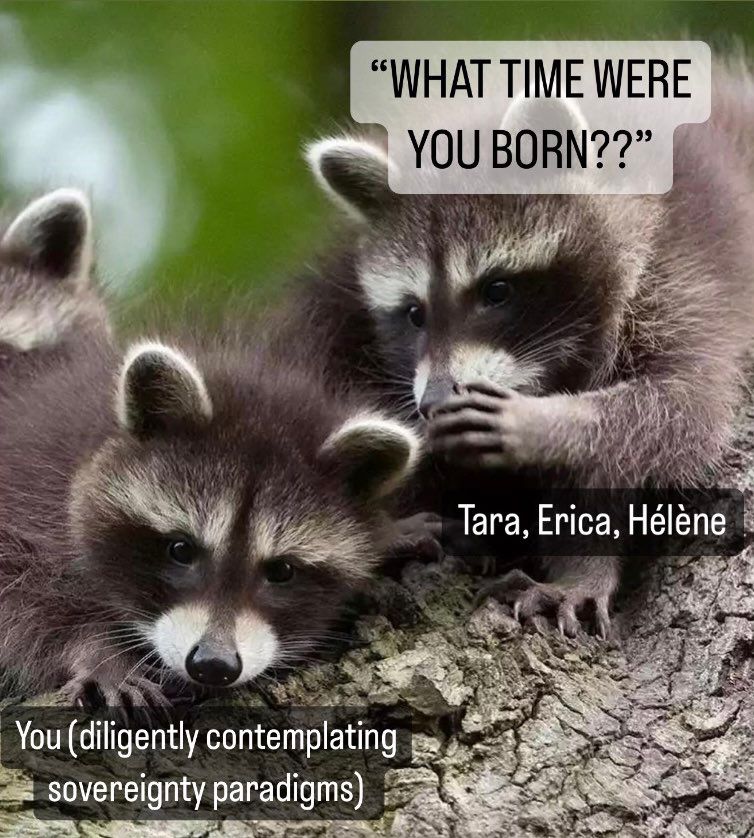
Carpooling Theory by 2024 MA Cohort
Maisa
Pull out your notes.
Amorette
Oh fuck you. [laughs]
Maisa
My first thought was related to the question that I asked about the circulation of these novels. How is it different from design practice where…he was talking about identifying the threat in everyday life and then trying to foresee the danger it’s going to create in the future and putting that future in the present moment. And it’s what artists do as well, you know…in terms of speculating, in terms of world building and game development. I was kind of confused between the formats that he was referring to, or if he was just very consciously choosing only the field of literature. I feel like what he was talking about is so applicable to every other profession.
Amorette
It is! It really makes me think about propaganda films, you know what I mean? Where there’s war movies that come out that are like, “Wow, isn’t war bad?” And it’s like, Yeah, that happens every ten years. And yet we still have war, you know.
ish
They’re feeding the war machine. The novels weren’t necessarily like ‘war is bad’…but ‘how do we do war?’
Amorette
Exactly.
Maisa
So in that sense it’s solution oriented.
Bryce
I feel like that’s what Anders was talking about with the closed imagination and closed horizons of this genre. It can only imagine a future in which we’re still waging war, the only thing that’s changed is the technology. Right? Like that’s what distinguishes this genre from other sorts of aesthetic and creative practices is that it’s fed by this research-oriented drive, like data driven science, blah, blah, blah, whereas artists and other creatives in classic aesthetics are driven by other things like creativity and living life and other conceptual material that’s not just directly tied to science and technology.
Amorette
Yeah, it’s like it’s a different kind of ego that is central to the production of these sorts of.. I mean, do they call them like novels or genre fiction? Well, I mean, there’s three different kinds… it makes me think about like, you know, yeah, like purposely studying these, you know, quote unquote, bad fictions or like bad books or whatever. It’s not in an effort to, like, make them better. It’s in an effort to understand the ontological purpose of.
Maisa
Right. My question asking: do you think that the circulation should happen within the arts? – Because that’s where the genre thrives, on artistic and creative production. Bryce, you were saying about game development and I mean, I didn’t read anything from this guy, but he also said that a lot of artists are submitting to this because of the capital, you know, the offer is too good to reject.
ish
I think the most interesting part for me was the fact that they were required reading for someone who’s in the army.
Amorette
That is such another other aspects of brainwashing, you know, like, I mean, I hate to like immediately go, [there] but it asks of the soldier to just place yourself in these imaginary worlds…perhaps it’s like a self-fulfilling prophecy.
Maisa
Ok, I got it. Reading Ayn Rand is bad, don’t do it. Like don’t do it. Especially if you’re an artist, you’re going to lose your reputation by reading The Fountainhead or whatever. So I was thinking that this genre that he was talking about would be perceived as that amongst the creatives, you know, which is so funny because it thrives on our creativity…
Bryce
Dude, that’s what I loved about Anders’ response to that dilemma, that you should expose yourself to this to see what it’s doing, what the “mechanism” is. That’s exactly what my interest in conspiracy is too. And also just like a lot of bad literature, a lot of bad ideas and concepts and speculations—understanding where they come from can be super valuable. Where aesthetics and applications of aesthetics come from and what they’re trying to do.
ish
But how do you prevent shit like that? That’s I think the trap of like, just like western philosophy to, to be you’re like thinking in general…Like, how do you make sure that your thinking will be different than that army soldier was also studying the novel to figure out what you know… They’re definitely critiquing the novel in some way in their own army classes and stuff like that. Is it that much different? Like if we don’t have like at least some sort of Lacanian perspective about that, we can’t actually like break open that and call the bluff.
Bryce
That’s the importance of Anders’ perspective. He is taking this genre back into the context of literary studies and traditional “academic” aesthetics, right? “Useful Fiction” or “FICINT” is like an aesthetic practice that has lost its relation to its origin in literature and stuff like that.
Amorette
Well situating it exactly where it needs to be in order to be read…
Bryce
..he’s resituating it again back into like an academic perspective. It’s kind of like a give and take where like where…
ish
But Deleuze’s thing about the war machine is that it’s always just battles of territorializing, and all it does is just feed the war machine. What kept kind of like echoing in my mind: people do talk and they talk within their territories and they’re trying to fight over their territories or move things from different territories. But at the end of the day, like, it actually does no impact on the real, like actual real, world.
Maisa
Not always, I think it does – to a certain extent. Backlash does have impact…
ish
How?
Maisa
Going back to the example of Ayn Rand, um, within the art scene, it’s kind of like a known, a common sense that you just don’t read this book, which also poses its own problematics, but it does create a certain vibe where you challenge to either not read it, or when you do to also justify why you read it. So in that case, it produces new forms of knowledge just by having to justify it.
Amorette
I also think that, maybe going back to ish, what you were thinking about – or Bryce was it you, discussing these books in the army classes? I think it would be so interesting to be able to think about when the soldier does read this book as an assignment, as a visualization technique, as a, as a, you know, prophetic technique. I don’t think that they critique it in the same way we might critique it. I wonder if the value judgment is different than the value judgment that we might fall in line with, like, “oh, is it high art? Is it low art?” Thinking about Arne said…
Maisa
It’s really the introduction from the person who is assigning the stacks to be read and makes it mandatory. They serve the introduction that this is a mandatory read. Read it, and for your homework, you have to either describe what this book is about or you have to find the motive of the author. The assignment is not to read the book and then analyze what’s wrong about it.
Amorette
Right! Or analyze what sorts of theories or philosophies come out of it. It’s literally just like that. But then, for us to try and evaluate it from the outside and not operating within the modalities that it’s operating within. Like I don’t know if we can…do you see what I mean?
Maisa
Yeah, yeah.
Amorette
We’re, we’re, we’re like standing right here and pointing at it.
Maisa
Right. But then why is this not in our circulation?
ish
But I don’t think that’d be revolutionary for the artist to read.
Maisa
The field itself can be perceived as extremely boring.
ish
But even if it does change the boundary of the field, is it that really revolutionary? It’s like the same old song. Like there’s always constantly going to be changes to fields, but when are we going to actually have a true, true different mode of being? I don’t think it’s going to be just by shifting, or bringing things to a different realm or territory.
Amorette
It’s not here. It’s not within these novels.
Bryce
That’s a very purist form of imagining revolution though, because revolution can come as the result of all these reterritorializations and lessons learned and lessons recontextualized and stuff like that. And in the case of Anders’ martial aesthetics, it’s understanding what desire that genre is fulfilling and what sort of appetite exists in the world that would create this sort of aesthetic. This is important information for would-be revolutionaries to have in order to structure a program—whether that be revolutionary or just critical or whatever, you know?
Amorette
Do you think that these sorts of conversations are happening with Tom Clancy and Ronald Reagan?
Bryce
They’re not reflecting on it in this way.
ish
But how is this revolutionary?
Bryce
It’s not revolutionary.
ish
If anything it’s like ego. It sounds like ego perpetuating…
Bryce
Wait, reading it is ego perpetuating?
ish
No, but like thinking that we’re doing some grand act by self-reflecting on this.
Amorette
Oh, like in the car right now?
ish
Yeah.
Maisa
No, we’re not making a revolution. We’re just reflecting on one seminar among thousands in Aesthetics and Politics program.
Amorette
[laughs] No, none of this is revolutionary, in absolutist terms I can say that.
Maisa
The aim of the article is not to be revolutionary.
ish
But isn’t that like… kind of pathetic?
[everyone laughs]
Maisa
Ok but then: What is an article like? What is the function of an article?
Bryce
If not revolution?
ish
That’s just like another Western term for like actual true schism of thought. If we’re just like operating within our same boundaries and just using our same parameters to like assess somebody else, it’s like seminal, like work or field, what are we actually doing? Are we not just chasing our own tail?
Amorette
Well, I mean, I think that that’s … to bring in another seminar… I think that’s what da Silva was saying that we’re rehearsing ways to ask the question because we don’t know what the answer is. We keep rushing to what the answer is, but we’re not asking the right questions and we’re not– we don’t understand how to ask the right questions.
ish
So maybe the right questions can be in like [gestures towards Amo] like what we are talking about. About the nation state as like–
Amorette
Oh, yeah, yeah. And it’s funny because I have like tried to kind of communicate that question to him (Anders)…I had to like stand there and wait for (Maisa cut this out) so long because Norman was talking to him. You know what, keep this in. I’m not mad about it, the only thing that I’m upset about is that I kind of forgot the thing that I wanted to ask him. And I salvaged it when I was talking to him. But the only thing that I remember now is that he was telling me that, you know, the novel that came out, 2034, they’re now working on 2054. And I thought that was really funny.
Maisa
What is this gap of 20 years?
Amorette
I think it’s really interesting to think about it. It actually really relates to something that’s really top of mind is that there’s this viral TikTok [laughs] going around where this guy is talking about how situationships are a result of capitalism and the anxiety of an uninhabitable future. And so situationships are thriving on the non-committal… you know, “I can only see myself in one to five years.” Which is crazy to think about. And I love that this discourse is on this fucking app, but I think that it’s sort of the same anxiety of envisioning a future. Our generation is thinking, “What the fuck are we going to look like next year? What are we going to look like November?” We’re not able to imagine that because the structures that we operate within do not allow us to.
Bryce
That’s what rocks about this theory of martial aesthetics though. It does know what the future is going to look like and it’s cybernetically determining that future.
Maisa
But also living in it. It’s like creating a skeleton that it wants to inhabit.
Amorette
It’s prophecy.
Bryce
From what it sounded like in the lecture this is being endorsed and/or funded by U.S. military interests, so these martial aesthetics are what power wants to be produced and consumed. This is the kind of future that power ostensibly wants. So it’s important to see what future these interests intend for the future of warfare—for the future of all technology for that matter—so we can understand what we’re critiquing or what we’re up against.
Amorette
I think it’s adapting. To be totally honest and to be kind of nihilistic about it, I think it’s an adaptation or like adapting to this immanent future that’s happening. Like, I don’t know if, I mean like militaristic novels are going to be revolutionary, but it makes me think about the abstract expressionism psy-op. And it’s like, you know, this isn’t explicitly a psy-op. So where will that lead us? But to what we’ve already done before.
Bryce
That slippage from like from politics, ah fuck. From politics to aesthetics.
Maisa
Oh no, he said it!
Amorette
Get out of the car!
Bryce
It’s making these politics entertaining in the same way that art like abstract expressionism was used as a psy-op because it’s using aesthetics to structure international politics.
Amorette
Back to Maisa’s question, I would be curious to see if there are arts programs out there or classes out there or even just artists out there that are thinking about this art-making that are not within the zeitgeist of hating Ayn Rand or loving this or hating this and all this shit.
ish
Islam!
Maisa
Open your heart and fast.
[laughter]
ish
But the fact that like, even if this nihilism does exist, even if it is encapsulated within Islam as like, you know, this world, it’s just preparation for the next…. It allows this nihilism to still be fodder for the community building, for separation from the state for a, really, like a transcendental identity and sense of community that actually does something different.
Amorette
It is hereditary, isn’t it. You’re right. In terms of building the community for the next life.
Maisa
Islamic architecture in Istanbul, for example. Hagia Sophia was, for a long time, a church and then it became a mosque. And when you visit it, it has a lot of remnants of the church, they didn’t demolish anything from when it used to be a church, which for me really represents the religion or its ethics sort of. But then there’s also all this other bad shit about Islam.
Bryce
So how would you pit this religious aesthetics orienting life toward a hereafter against martial aesthetics that are literally oriented toward ending other life so your life can be preserved?
ish
The former is the only thing that can actually counter the latter.
Amorette
So is that what you were talking about before with the both/and in terms of the evolution of identity?
ish
Yeah. Even Zizek…
Maisa
Žižek. Excuse me, that was a Balkan offense.
[laughter]
ish
But I think he’s low-key terrified of it. But I’m like, it’s going to be inevitable because what he realizes about Islam is that it’s the ideology, for lack of a better word, that actually allows for the grant of an identity and sense of community and a stability to the nomad, to the orphaned. And like, once this war machine really starts…
Maisa
But is this ideology or belief? We lost that belief and now we hang on to the ideology.
ish
It has ideological framework.
Maisa
And Islam is definitely not an ideol… It’s a belief.
ish
But it’s not just like a pure… but it has… there’s a, for lack of a better word… And it’s like a linear philosophy, has an ideological framework, like this is where this has an ontology. And so what he says is that what Islam is, why people take toIslam so readily, is because people who are cut off from community… it actually gives them a sense of stability other than descending into neurosis, paranoia. It actually gives a productive sense of being in this world so as to prepare for the Hereafter without losing their damn mind. It gives a meaning to the suffering, you know, like, that’s what Lacan says too. Religion will triumph.
Amorette
Yeah, all I can think of now is that meme, like, “who are you?” From Lacan, all those arrows.
ish
Literally. It’s like, who are you? And the meme, it’s like a diagram of this person who is a subject to the reflecting in different registers. Islam has the philosophy that taps on all of that in order to form a Muslim subject.
ish
So it’s like, it’s actually really incredible how it forms a subject out of like this supposed space of nothing. That’s why Zizek is so terrified about.
Maisa + Amorette
Žižek.
Amorette
What you’re saying is really reminding me of the concept that I’ve been wrestling with, which is the chiasm. Merleau-Ponty – Yeah, yeah. I’ll try to explain it in 6 minutes…
Maisa
How do you spell that, with K?
Amorette
No, no, c-h-i-a-s-m. Judith Butler talks about it as well…
Maisa
It’s chaos, no?
Amorette
Well, you could…So the C-H and the pronunciation it resembles it. But essentially the way that I’ve been trying to kind of wrestle with it is that the chiasm in uh, genetics context is the, the, when the ocular…this is really hard to explain theory and drive at the same time. It’s, um, it’s this crossing. And so like, for example, in the human body, the ocular nerve forms of chiasm, um, at the base of the back of the head? something like that? And so that the two visions crossing into the back of the base of the brain or the fucking head or whatever we have up there. Merleau-Ponty takes that idea of like the two eyes, one vision, the subject that seeing the object and the object seen by the subject forms the chiasm it’s this crossing…
Maisa
Is it the parallax effect?
Amorette
No, no, no, no, no. But I see what you mean. It’s that literary construct of, like, “one for all and all for one”. And so it’s that the subject-object to object-subject, but, but Butler kind of introduces this other reading of it, of like the “I” is subject to the like “I”, the form of the “I”…
Maisa
So does it refer to surveillance or does it refer to the more intimate…?
Amorette
So Merleau-Ponty is trying to like flatten that and make the subject and object meet at the base. And that’s where the chiasm is. Like they meet there. And like in my thesis, I argue that the horizontality allows for that hierarchy to be dismantled, you know. And so I’m thinking about like, fuck, where do we go with like this, this reduction of subject? With self-immolation?
ish
Žižek’s argument with Buddhism is like, you know, the Buddhists, when they look at the self, they see nothing.
Amorette
Right? There is no self.
ish
But then his thing is like, no, I think there’s just chaos. So that’s the chiasm. It’s where there’s nothing and chaos.
Amorette
Right? Yeah. I mean, that is it, and like it represents this sort of like crossover…
Maisa
Fuck, you should’ve come to McKenzie Wark’s lecture.
Amorette
Oh you would have loved it! We went to go see her book talk for Love and Death, no, Love and..
Maisa
Her memoir.
Amorette
Love and Money, Sex and death?
Maisa
She was literally talking about this, that there is no self.
Amorette
And it’s like a fiction that you just keep writing or something like that. I wrote it down somewhere because Michelle Tea was like, “Don’t you wish you wrote that down?” And I was like, Yeah, I’m writing it right now. She’s so fucking quotable.
ish
Lacan points to James Joyce, you know. He had an absent father figure so he would constantly – he had to restitch himself through the Symbolic in order to have a sense of identity. And I think that this constant re-narrativizing of the self… they also parallel this with trans people.
Maisa
And she was really rooted in the trans theory. She was also really bashing on the coming out as trans. She comes from heavy theory and never wanted to write a memoir, a trans memoir where it would exactly start with that line…
Amorette
Like “I always knew I was a woman…” She’s like, “it wasn’t like that.”
Maisa
I was thinking about you because there are a lot of similarities where she was like, okay, it’s a whole fucking process. And it’s painful.
ish
Like this constant disillusion and like me, like, re-attempting to retell what the other side of the chiasm is.
Amorette
And like you do make that connection at some point and then you taper off of it and then it was like, you know, you move into these different directions, but you, but you come back. But, but like to kind of bring it back and to see the self in that–sorry! Sorry! Quick right, I almost missed it! [makes right turn] I wonder if that through these militaristic novels that is how the self is able to be identified…
Bryce
Through inscriptions. Yeah, that is like the identity that hegemony re-inscribes as presence, you know, rather than the absence.
ish
It’s this constant, and failed, attempt to reject the chiasm. The chiasm is the threat, it’s this constant threat that will always present some other thing that we can take and run with. It’s really just the chiasm that they’re terrified by. The loss of national pride and the hierarchy.
Bryce
That implies a sort of dissolution of power, doesn’t it? So the powers that be are going to do everything they can to re-inscribe this martial aesthetic because it is working in their favor.
ish
And meanwhile they’re just tossing everybody else into chiasm. [laughter] Do you all wanna come in?
Amorette
Oh, I should get them back home.